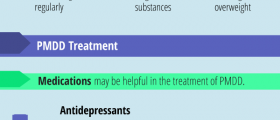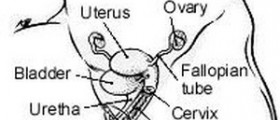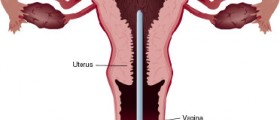Of every five women, one will experience heavy and painful menstrual bleeding whether long-term, or occasionally. Are your periods heavy, painful, and perhaps prolonged? Of course, you want to get to the bottom of this, and find out what is causing your heavy menstrual bleeding. There is a multitude of causes, and many require medical treatment. These are some of the more common causes of heavy menstrual bleeding in women: The most frequently seen cause of heavy menstruation is a
hormonal imbalance. This can happen shortly after a girl starts having periods, while the menopause is about to start, during the menopause, and due to other issues like use of the birth control pill.
Cervical polyps are small growths on the cervix. They can develop for a variety of reasons, but are frequently caused by infections. Cervical polyps can be removed quite easily.
Uterine fibroids are larger growths within the uterus, that can be cancerous but are usually not malign. There are various treatments for uterine fibroids, both surgical and non-surgical. They can also disappear on their own. And, when they have no symptoms and are not cancerous, they may also simply left in place.
Pelvic Inflammatory Disease, a condition frequently caused by sexually transmitted diseases but also sometimes by other bacteria, can cause heavy periods and chronic pain. It is cured with antibiotics. Damage caused by PID may have to be rectified surgically.
Cervical cancer has the ability to cause heavy and painful menstrual periods.
Uterine cancer can do the same thing.
Endometrial hyperplasia is the overgrowth of the uterine lining within the womb. It is another possible reason for heavy periods.
As you can see, all of the above reasons for heavy menstrual periods warrant a visit to the doctor. If you are one of the women who are struggling with heavy periods, do see a gynecologist and don't suffer in silence. Your heavy periods may indicate a serious medical problem.

















Your thoughts on this
Loading...